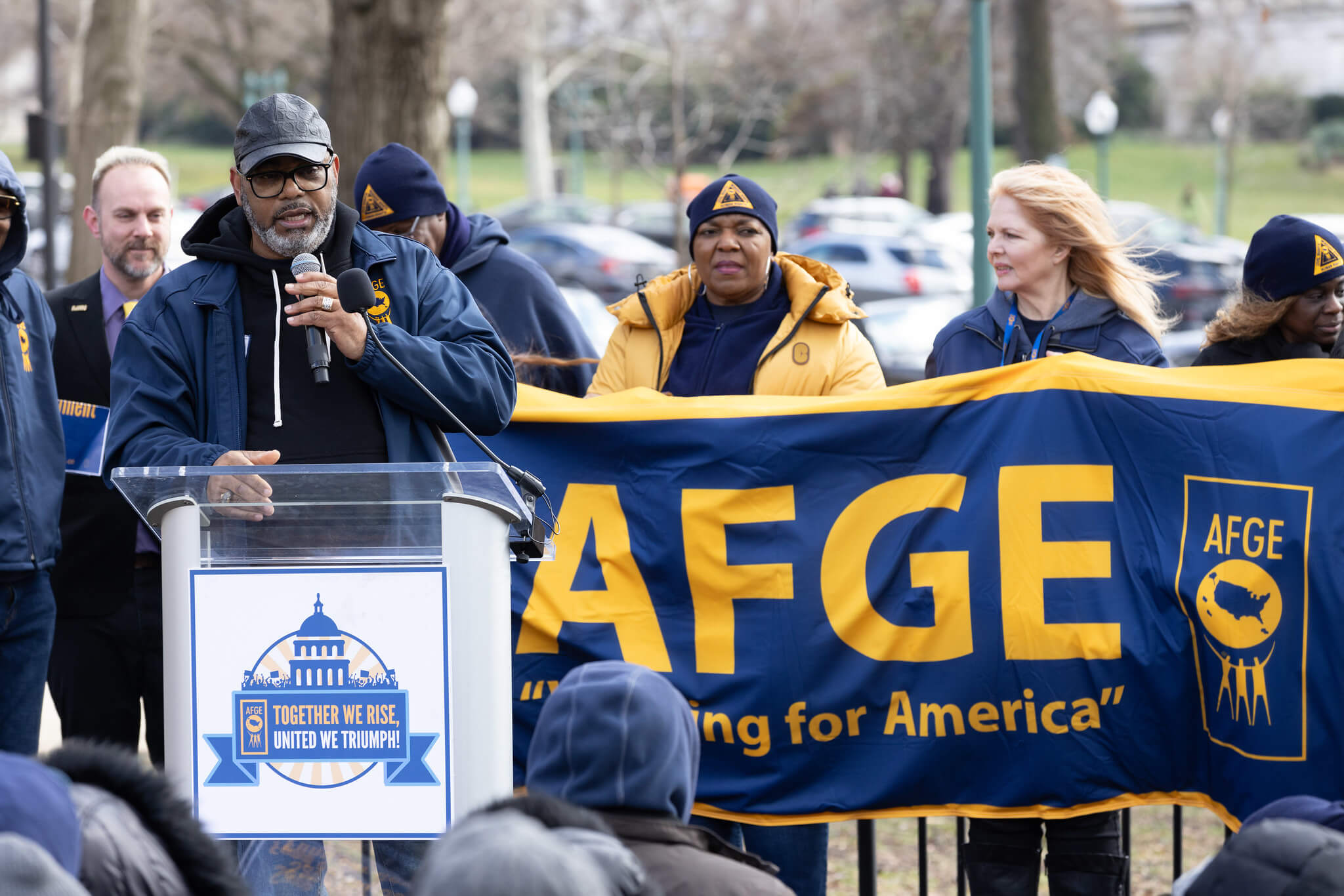Today's Headlines and Commentary
President Donald Trump recommitted the U.S. to the ongoing war in Afghanistan on Monday night, reports the AP. “We are not nation-building again. We are killing terrorists.” Without disclosing how many additional troops he would deploy to the region, the President announced that the U.S. would offer its assistance based on results and regional cooperation rather than assigned deadlines.
Published by The Lawfare Institute
in Cooperation With

President Donald Trump recommitted the U.S. to the ongoing war in Afghanistan on Monday night, reports the AP. “We are not nation-building again. We are killing terrorists.” Without disclosing how many additional troops he would deploy to the region, the President announced that the U.S. would offer its assistance based on results and regional cooperation rather than assigned deadlines. “However,” Trump said, “our commitment is not unlimited, and our support is not a blank check.” The New York Times reports on how Trump’s advisers persuaded a man who had long opposed the U.S. mission in Afghanistan to continue the operations there.
Defense Secretary Jim Mattis is in Iraq as Iraqi forces begin an offensive to retake the city of Tal Afar, reports Reuters. On Sunday, Iraqi forces advanced on Tal Afar, which is located 50 miles west of Mosul. An estimated 10,000 to 20,000 civilians remain in Tal Afar, posing a challenge to coalition air support efforts. Despite the coalition against ISIS largely retaking Mosul and successes against the insurgent stronghold in Raqqa, Syria, Mattis said in Amman, Jordan earlier this week: “ISIS’ days are certainly numbered, but it is not over yet and it is not going to be over any time soon.”
The Kremlin has named Anatoly Antonov as the next Russian ambassador to the United States. The deputy foreign minister and former deputy defense minister is a career diplomat and an expert on arms control, reports the Times. Some describe him as a tough negotiator: former U.S. ambassador to Moscow Michael McFaul noted that during the New START negotiations, American negotiators had to circumvent Antonov and speak directly to then-Russian President Dmitri Medvedev for major proposals. Antonov will begin in his new post on September 1.
The State Department will reduce the number of visas available to Russians after the Kremlin capped the number of diplomats in the country, reports the Wall Street Journal. The embassy will stop all non-immigrant visa operations on August 23 and resume more limited operations on September 1. Criticizing the move, Sergei Lavrov, the Russian foreign minister, said that the U.S. was trying to goad Russian citizens into voicing disapproval of their government.
Federal prosecutors are advancing efforts to pursue Chinese firms whose activities enable North Korea’s nuclear program, reports the Journal. In May, prosecutors won warrants to freeze funds processed by U.S. banks on behalf of Chinese firms, but they are now moving to seize the funds altogether. Those warrants targeted a company that bought North Korean coal, but prosecutors seek to expand their efforts to other companies based on Dandong, a Chinese city that borders North Korea. On Tuesday morning, the Treasury Department announced sanctions against six individuals and ten companies in an effort to cut off money flows supporting North Korea’s missile and nuclear programs, according to the Washington Post.
Iran needs only five days to increase its uranium enrichment levels to 20 percent, according to the AP. That comment came from Ali Akbar Salehi, Iran’s top official on nuclear matters, as President Trump continues to threaten to leave or renegotiate the 2015 nuclear agreement. Under that arrangement, Iran may not enrich uranium above 5 percent of U-235, the fissile isotope normally used in nuclear weapons and for energy generation. Though 85 percent enrichment is used for most nuclear weapons, 20 percent enrichment is sufficient for a crude bomb.
White House aides are pressuring the president to strike a deal on immigration, according to McClatchy. The agreement would exchange legal protection for children and young adults brought into the country illegally — so-called “dreamers” — in exchange for border wall funding, more detention facilities, and implementation of a digital immigration status system. Aides advancing the deal include John Kelly, Ivanka Trump, Jared Kushner, Gary Cohn, and H.R. McMaster; Vice President Mike Pence may also support such a bargain. But Attorney General Jeff Sessions, Stephen Miller, and Deputy Chief of Staff Rick Dearborn oppose the arrangement. Roughly 800,000 dreamers are currently protected from deportation under an Obama-era policy that lets them obtain work permits.
ICYMI: Yesterday, on Lawfare
Matthew Kahn posted Military Commissions Chief Prosecutor Brig. Gen. Mark Martins’ statement on developments in the al-Iraqi and 9/11 cases.
Mary B. McCord argued that the U.S. legal system should treat domestic terrorism like international terrorism.
Email the Roundup Team noteworthy law and security-related articles to include, and follow us on Twitter and Facebook for additional commentary on these issues. Sign up to receive Lawfare in your inbox. Visit our Events Calendar to learn about upcoming national security events, and check out relevant job openings on our Job Board.




.jpg?sfvrsn=407c2736_6)
